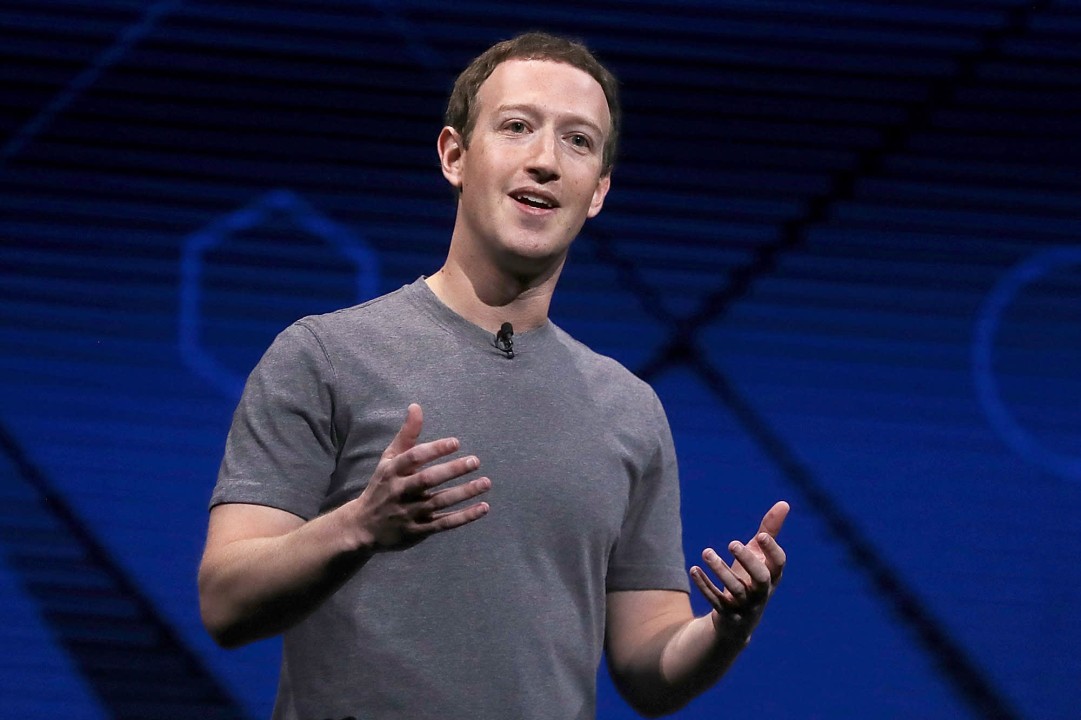Study Explains the Role of Eye Contact in Effective Conversation
Study Explains the Role of Eye Contact in Effective Conversation: Ever pondered the significance of eye contact in effective communication? It appears that there’s much more to it than merely gazing into someone’s eyes. Recent research sheds light on the captivating role eye contact plays in conversations that truly connect. In this article, let’s delve into the findings of this study and unveil the secrets behind the profound influence of eye contact. So, let’s jump right in and explore how this seemingly simple yet immensely powerful element can elevate your communication skills!
The Impact of Eye Contact: Fostering Trust and Connection
Eye contact serves as a potent tool to establish trust and rapport between individuals. When you maintain eye contact with someone, it demonstrates your full presence and engagement in the conversation. It forges a sense of connection and mutual understanding, making the other person feel genuinely valued and heard. By making eye contact, you exhibit sincerity and lay the foundation of trust, a critical component for effective communication.
Expressing Emotions and Intentions Through the Eyes
Often referred to as the “windows to the soul,” our eyes possess a remarkable ability to communicate a wide range of emotions and intentions without uttering a single word. Eye contact empowers us to convey empathy, excitement, concern, and a myriad of other feelings. By keeping eye contact, you ensure that your message is accurately received and your emotions are effectively conveyed.
Elevating Active Listening
Active listening lies at the core of effective conversation, and eye contact plays a significant role in this process. By maintaining eye contact with the speaker, you demonstrate attentiveness and a genuine commitment to understanding their words. It allows you to pick up on non-verbal cues, such as facial expressions and body language, which offer valuable insights into the speaker’s thoughts and emotions. Through active listening with your eyes, you can better comprehend the message being conveyed and respond appropriately.
These are just a few of the questions that arise when exploring the role of eye contact in effective conversation. Let’s delve into more FAQs to gain a comprehensive understanding of this captivating topic.
Why does eye contact hold importance in communication?
Eye contact is essential in communication as it establishes a profound connection between individuals. It conveys attentiveness, sincerity, and empathy, nurturing trust and rapport between the speaker and the listener.
How does eye contact foster trust and rapport?
Maintaining eye contact during a conversation showcases your full presence and engagement. It creates a sense of connection and demonstrates that you genuinely value the thoughts and opinions of the other person. This fosters trust and builds a strong rapport.
Can eye contact effectively convey emotions?
Absolutely, eye contact is a powerful means to convey emotions. Our eyes are highly expressive and possess the ability to communicate a wide spectrum of feelings, ranging from happiness and excitement to sadness and concern. By maintaining eye contact, you ensure that your emotions are accurately conveyed.
What role does eye contact play in active listening?
Eye contact plays a crucial role in active listening. It enables you to pick up on non-verbal cues, such as facial expressions and body language, which provide valuable insights into the speaker’s thoughts and emotions. By actively listening with your eyes, you gain a better understanding of the message being conveyed.
Are there cultural differences regarding the significance of eye contact?
Indeed, the importance of eye contact can vary across cultures. In some cultures, direct eye contact is perceived as a sign of respect and attentiveness, while in others, it may be considered impolite or confrontational. It is vital to be mindful of these cultural differences and adapt your communication style accordingly.
In conclusion, the power of eye contact in effective conversation should never be underestimated. It serves as a gateway to connection, enabling us to establish trust, convey emotions, and enhance active listening. By recognizing the significance of eye contact and incorporating it into our communication skills, we can forge stronger connections and create more meaningful interactions.




